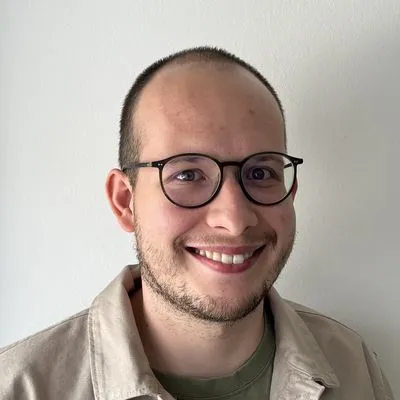With the fellowship, Google supports promising doctoral students directly with their doctorate and brings them together with a Google research mentor. The program supports outstanding PhD students who are conducting exceptional and innovative research in areas relevant to computer science and related fields. Scholarships are awarded in Africa, Australia, Canada, East Asia, Europe, India, Latin America, New Zealand, Southeast Asia and the United States.
A jury of researchers and distinguished engineers at Google selected Michael Jungmair from numerous nominees, including three proposals from the Technical University of Munich (TUM). Most recently, a TUM candidate received the scholarship in 2020 in the field of Health.
How can user-defined code be processed efficiently?
Michael Jungmair conducts research with Jana Giceva, Professor for Database Systems. His research topic is a central challenge in modern data processing: efficiently processing user-defined code, such as Python functions, in database systems. Nowadays, database systems are mainly optimized to process traditional database queries. However, they have difficulties with the custom code that is increasingly used in tasks such as machine learning or data analysis. This difficulty means that the systems miss potential opportunities to speed up processing - especially as modern hardware becomes more powerful and specialized, for example through parallel computing.
The researchers see the solution in a new approach for a query engine. This integrates the user-defined code directly into the core of the database and optimizes this code together with the usual database tasks. The basis for this is the “LingoDB” project by Michael Jungmair. This aims to create a very efficient and modular query engine. It also uses a framework called HiPy, which analyzes Python code.
By combining these two approaches, it becomes possible to deeply optimize Python functions within queries while solving new challenges, such as managing memory efficiently - especially when working with more complex, user-defined tasks.
You can find the winners of 2024 at Google PhD Fellowships 2024. Find more information on the Google Keyword Blog.
